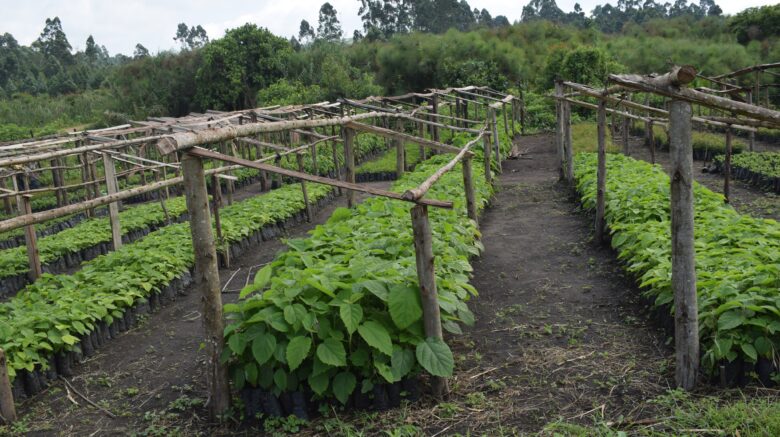Indigenous trees play a significant role in environmental protection due to their ecological,
cultural, and economic importance. NRDI has embarked on popularizing indigenous trees by
establishing community nurseries that produce indigenous trees to conserve and protect the
environment.
The community nurseries are meant support biodiversity
Indigenous trees provide habitat and food for native wildlife, including birds, insects, and
mammals, they support ecosystems by maintaining the natural balance of flora and fauna.
Indigenous trees support soil conservation by improving soil fertility through organic matter
from fallen leaves and decomposed branches. They help in water cycle regulation by
facilitating ground water recharge and reducing run off. The indigenous trees regulate water
quality by filtering pollutants and sediment
Restoration of Degraded lands, Indigenous trees can be used in reforestation and afforestation
projects to restore ecosystems.
They improve the ecological balance of degraded areas by reintroducing native species.
By planting and conserving indigenous trees, communities can foster sustainable
environmental protection while preserving cultural heritage and promoting biodiversity.
NRDI Promotes Environmental Protection Through Promotion Of Indigenous Trees
